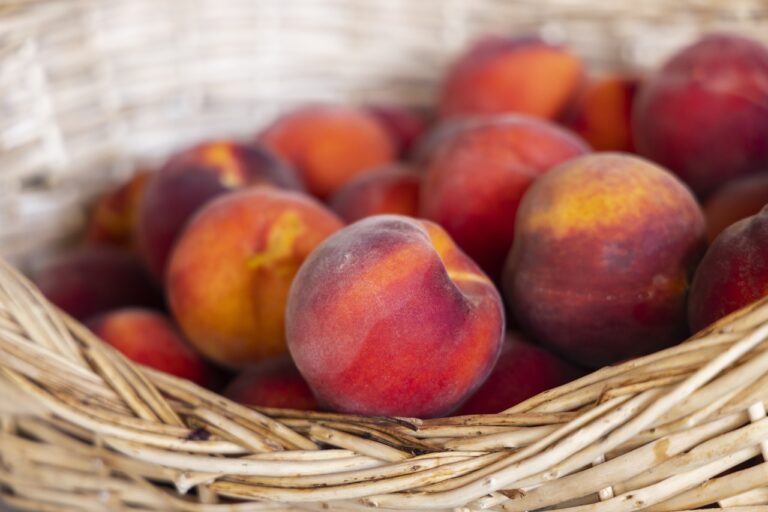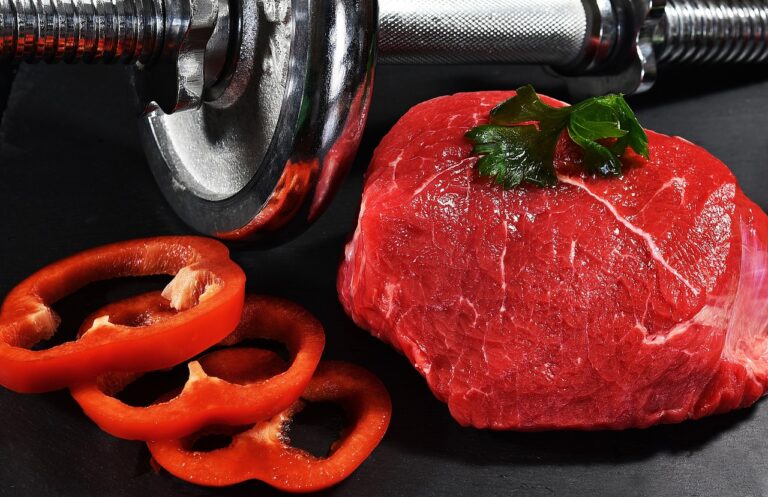The Impact of Technology on Food Production
Technology plays a crucial role in shaping the way food is produced, processed, and distributed. From innovative farming techniques to advanced processing methods, technology has revolutionized the food industry in numerous ways. In this article, we will explore the impact of technology on food production and how it has changed the way we grow, harvest, and consume food.
Increased Efficiency and Productivity
One of the most significant impacts of technology on food production is the increase in efficiency and productivity. With the advent of precision agriculture, farmers can now use sensors, GPS technology, and data analytics to optimize crop yields and reduce wastage. This has not only led to higher productivity but also improved sustainability by minimizing the use of resources such as water, fertilizers, and pesticides.
Enhanced Quality and Safety
Technology has also played a critical role in improving the quality and safety of food products. Advanced processing methods, such as pasteurization and sterilization, help to ensure that food is free from harmful bacteria and pathogens. Moreover, the use of blockchain technology enables greater transparency in the food supply chain, making it easier to track the origin of food products and ensure compliance with quality and safety standards.
Reduction in Food Waste
Another significant impact of technology on food production is the reduction in food waste. With the help of precision farming techniques and IoT devices, farmers can better monitor and manage their crops, resulting in less spoilage and wastage. Additionally, advancements in food packaging and preservation technologies have extended the shelf life of perishable goods, further reducing food waste at the consumer level.
Improved Access to Nutritious Food
Technology has also played a crucial role in improving access to nutritious food, particularly in underserved communities. Vertical farming, hydroponics, and aeroponics are innovative techniques that allow for the cultivation of fresh produce in urban areas, where traditional agriculture may not be feasible. Moreover, online food delivery services and mobile apps have made it easier for consumers to access healthy and locally sourced food products.
Challenges and Opportunities
While technology has brought about many positive changes in the food production industry, it also presents several challenges that must be addressed. Issues such as data privacy, cybersecurity, and ethical considerations surrounding genetic modification require careful regulation and oversight. However, these challenges also present opportunities for innovation and the development of sustainable solutions to feed a growing global population.
Conclusion
In conclusion, the impact of technology on food production is undeniable. From increasing efficiency and productivity to improving quality and safety, technology has transformed the way we produce and consume food. While there are challenges to overcome, the opportunities for innovation and sustainable growth in the food industry are vast. By embracing technology and leveraging its potential, we can create a more resilient and food-secure future for generations to come.
FAQs
1. How has technology improved food production?
Technology has improved food production by increasing efficiency, enhancing quality and safety, reducing food waste, and improving access to nutritious food.
2. What are some examples of technology used in food production?
Examples of technology used in food production include precision agriculture, advanced processing methods, IoT devices, blockchain technology, and vertical farming techniques.
3. What are some challenges associated with technology in food production?
Challenges associated with technology in food production include data privacy, cybersecurity, ethical considerations surrounding genetic modification, and the need for regulatory oversight.
4. How can technology help address food security and sustainability?
Technology can help address food security and sustainability by optimizing crop yields, reducing food waste, improving access to nutritious food, and developing sustainable solutions to feed a growing global population.
5. What role does data analytics play in food production?
Data analytics plays a crucial role in food production by enabling farmers to optimize crop yields, monitor and manage crops more effectively, and make informed decisions to improve productivity and sustainability.







